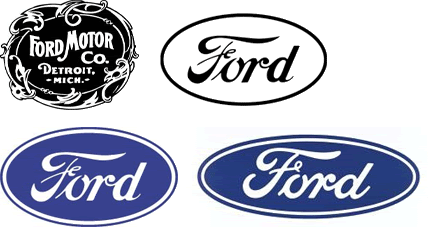Posted by: Samker
« on: 15. April 2009., 15:34:07 »
Scareware scammers are trying to game search engines into promoting crudware sites when a surfer searches for information on Ford cars.
Attacks of this type, themed around events such as the recent tragic death of actress Natasha Richardson, are becoming increasingly commonplace. However, attacks themed around a single well-known brand have to date been extremely rare, if not unprecedented.
The Ford scareware campaign features around one million links, all targeting the Ford Motor Company, designed to trick search engines into promoting malicious pages towards the top of search results. Malvertised pages are punting a rogue anti-virus product, called MS AntiSpyware 2009. The malicious application attempts the scare users into buying software of little of no utility on the basis of fraudulent scan results that report systems are infected, whether they are or not.
A full write-up of the attack, including screenshots and list of targeted search terms, can be found in a posting on Panda Security's blog here: http://pandalabs.pandasecurity.com/archive/Targeted-Blackhat-SEO-Attack-against-Ford-Motor-Co_2E00_.aspx
Rogue security (AKA scareware) packages are growing in prevalence, as they become one of the most straightforward ways for hackers to make big money from poor internet security. The head-count of scareware packages in circulation rose from 2,850 in July to 9,287 in December 2008, according to the latest figures from the Anti-Phishing Working Group. Last week Microsoft reported that its malicious software removal tool had detected two rogue scareware packages, FakeXPA and FakeSecSen, on more than 1.5 million PCs in the second half of 2008 alone.
(The Register)




 Total Members: 14197
Total Members: 14197






